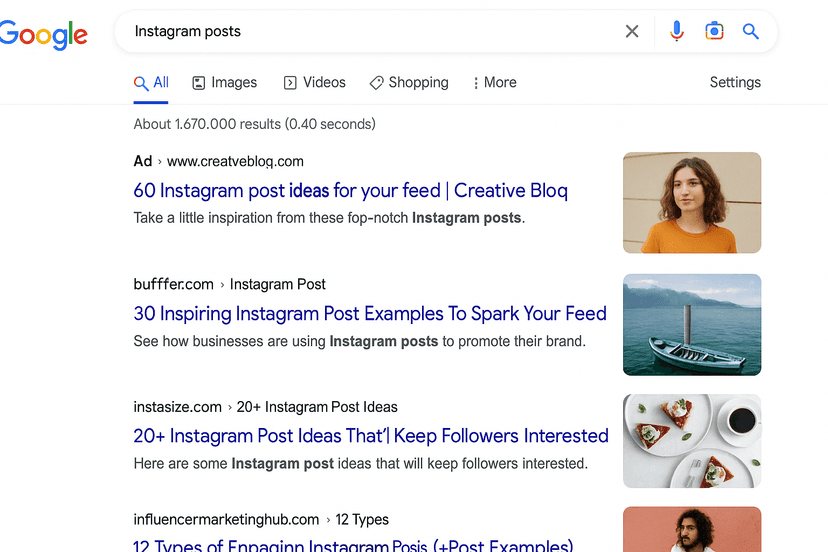One word has been more important in digital marketing and advertising over the last few years: permission. In 2018, when the General Data Protection Regulation (GDPR) was introduced, companies all over the world have since been struggling with the need that user permission be obtained before collecting and processing data. As part of this ongoing privacy revolution, a number of policies have been developed, and the Consent Management Platform (CMP) is a crucial instrument for managing consents. We have been using CMPs as a technology to allow websites that we are working on to get legal consent from users to process their personal data.
This is called consent mode, which allows you to communicate your users’ cookie or app identifier consent status to Google. Consent mode interacts with your CMP or custom implementation for obtaining visitor consent.
As of January 16, 2024, publishers and developers using Google AdSense, Ad Manager, or AdMob must use a CMP. In line with this, is Google’s move to remove third party cookies on Chrome. So, let’s take a closer look at the situation, how a CMP helps and what solutions are available.
Context is Key: Understanding the Evolution of Data Privacy
Along with introducing strict regulations controlling the processing of personal data inside the EU and the European Economic Area (EEA), the GDPR also altered the idea of consent. A new age of data privacy was brought about by the GDPR, which included strict standards for managing personal information and requirements for explicit consent.
These rules, when combined with the e-Privacy Directive, which required agreement for the use of cookies, signaled a radical change in data gathering procedures. Websites catering to visitors from the EU, as well as any organization handling personal data, were required to comply with GDPR regulations, which meant that permission banners had to be everywhere.
In the present day, the effects of data privacy rules influenced by the GDPR are still being felt worldwide. CMPs are becoming more and more relevant as more and more governments adopt comparable frameworks.
What Are the Benefits of Having a CMP: What Sets it Apart?
Fundamentally, a Consent Management Platform (CMP) is an IT system designed to handle the complexities involved in managing permission for data. However, what sets CMPs apart from traditional systems, and why are they essential to contemporary businesses?
A CMP serves as a comprehensive framework for:
Transparent Communication: By facilitating transparent communication with users, CMPs empower organizations to provide detailed notices regarding data processing practices. From identifying the specific data processed to outlining the entities involved and the legal basis for processing, CMPs ensure compliance with diverse privacy regulations.
User Empowerment: Central to the CMP functionality is the provision of user-centric dashboards, enabling individuals to exercise control over their data. Whether granting, refusing, or revoking consent, users wield the power to dictate the terms of data usage, thereby enhancing transparency and accountability.
Granular Consent Management: CMPs excel in granular consent management, allowing organizations to create and share detailed consent records. These records, essential for demonstrating lawful data processing, serve as a cornerstone for fostering trust and compliance within the digital ecosystem.
Navigating the CMP Landscape: Choosing the Right Solution
With a myriad of CMPs vying for attention, selecting the optimal solution warrants careful consideration. Google maintains a list of CMPs that it has certified as being compliant with its requirements to integrate with IAB’s TCF, so a good place to start is by choosing one of Google’s CMP Partners.

When evaluating potential CMPs, organizations should prioritize factors such as:
Comprehensive Compliance: Opt for CMPs equipped to handle multifaceted compliance requirements, spanning diverse regulatory frameworks. From GDPR to emerging data privacy laws, versatility is paramount.
User-Friendly Interface: A user-friendly interface is indispensable for fostering seamless interaction with the CMP. Prioritize platforms offering intuitive dashboards and streamlined consent management processes.
Robust Security Measures: Given the sensitivity of personal data, robust security measures are non-negotiable. Ensure that the chosen CMP adheres to industry-leading security standards, safeguarding user information against potential threats.
Scalability and Integration: As organizational needs evolve, scalability and integration capabilities assume heightened importance. Choose a CMP capable of seamlessly integrating with existing tech stacks and scaling to accommodate future requirements.
In conclusion, Consent Management Platforms (CMPs) are an essential way for organizations to handle the complex terrain of data privacy regulations with confidence and integrity. Contact our team if you would like any guidance on this matter.





